The faculty mentoring program for new faculty is intentional, inclusive, relational, and holistic. It follows a cohort model, with tenured faculty members working with small groups of new faculty. These cohorts meet regularly, observe each other’s classes, and engage in dialogue about key issues at Rhodes and in higher education. Here are the faculty serving as mentors to the new faculty cohort this year:
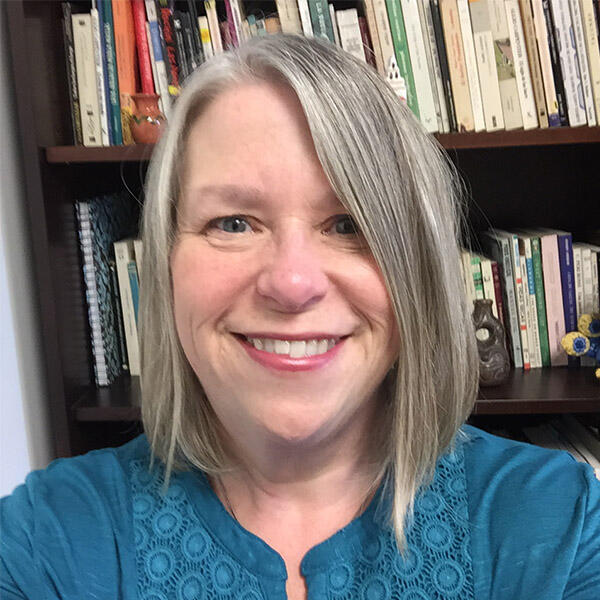
Professor Kathleen Doyle's fields of teaching and research interest include Spanish language, second language acquisition, cultural studies, Peninsular Spanish women authors of the 19th through 21st centuries, post-Spanish Civil War narrative, Golden Age drama, gender studies, film studies, and fantastic and gothic narrative. Her publications explore the following topics, among others: the role of fantasy in the construction of gender and narrative authority in works by female authors during the Franco regime; the representation of female sexuality and identity in early 20th century novellas; the woman detective in recent Spanish crime fiction; and gendered violence and colonial anxieties in late 19th century Spanish fiction. She has begun a project which examines the work of contemporary poet Juana Castro’s works through the lens of ecofeminist theory. Many of her advanced literature courses are cross-listed in the Gender and Sexuality Studies Program.
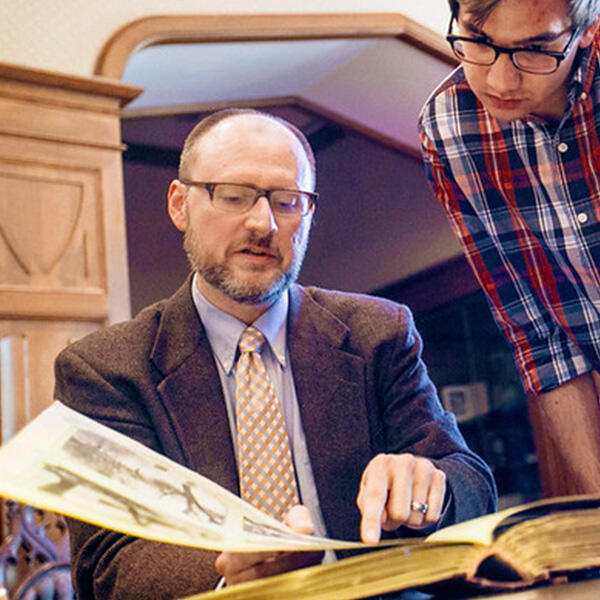
"I teach a wide range of courses in European history and the history of Western culture, including ones that encourage students to look for the connections between different countries and societies. I believe that no part of the human experience is off-limits for the historian’s study. Therefore, I try to bring an array of stories, documents, and resources to my classroom in order to give students a deep sense of what it was like for people to live at a particular moment in time, including music, literature, film, art, and other kinds of sources. As a result, I try to get my students outside their own heads and into the minds of other people who lived in the past."
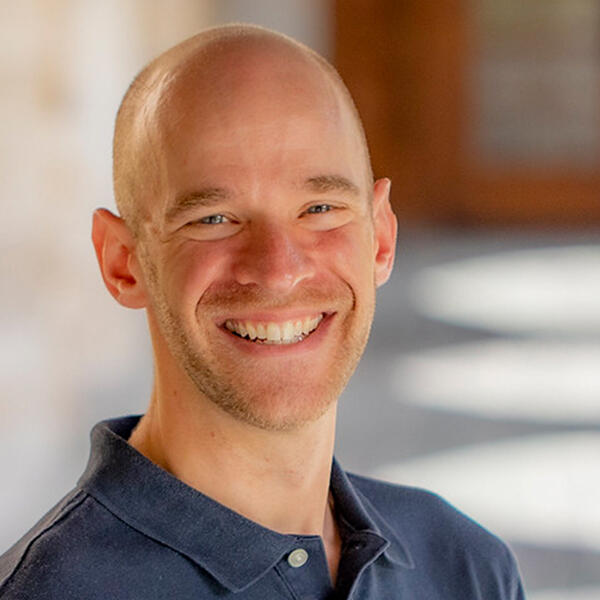
Everything I do in the classroom is inspired by a desire to show students the amazing things that computer science can accomplish and to give them the tools to succeed in science. Computer science has created so many new ways for people to connect with each other and the world around them, and I enjoy illustrating the inner workings of the algorithms that impact our everyday lives.
I enjoy teaching classes at all levels of the curriculum. Introductory courses are of great interest to me, as these classes can set the tone for a student′s entire career in computer science, whether that is four years or forty. In such classes, I emphasize how computer science is more than just programming, as well as how computer science can be applicable in a wide variety of other fields, from the sciences to the humanities. Meanwhile, teaching upper level classes keeps me on my toes because computer science as a discipline is evolving so quickly, and what was state-of-the-art five or ten years ago may not be as widely practiced anymore.
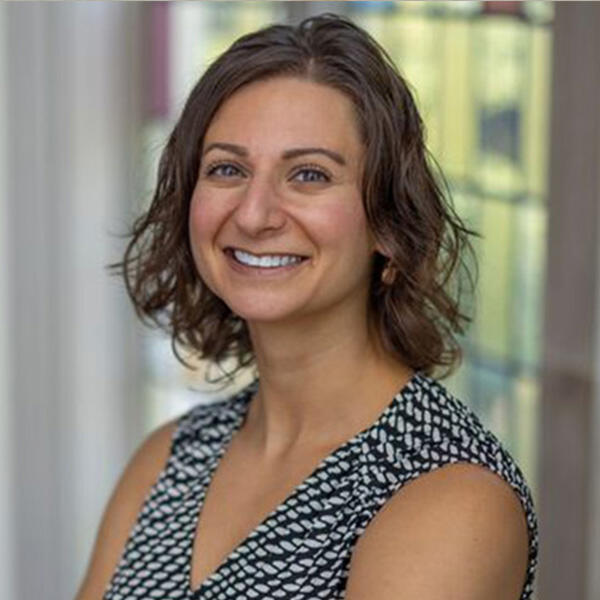
Becky Klatzkin (Psychology Department and Neuroscience Program) came to Rhodes in 2011 with a Ph.D. in Behavioral Neuroscience from the University of North Carolina at Chapel Hill. Her research focuses on understanding the psychological and physiological mechanisms underlying stress-eating in women. She teaches a range of classes including Neuroscience, Introduction to Psychology, and Clinical Neuroscience.
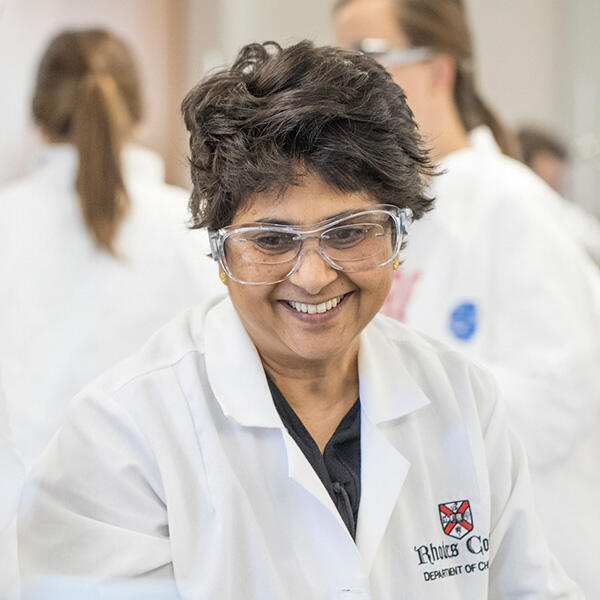
Mentoring is an act of compassion and empathy that empowers another person to find their highest potential by equipping them with confidence, knowledge, and resources. At Rhodes, I mentor several groups: liberal arts advisees, chemistry majors, research students, and new faculty members. For liberal arts advisees, I aim to help them discover their unique interests and skills and support them by providing information and resources to realize their academic and personal goals. In mentoring chemistry majors and research students, I try to prepare them for the competitive field of scientific research, where effective collaboration is essential. As for teaching-mentoring, I encourage my mentees to continually reflect on their teaching styles and evaluate their methods of instruction because the best practices of teaching are constantly evolving. To assist them in pursuing this ever-changing ideal, I try to cultivate a solid collegial relationship with my mentees that extends even after the initial mentoring year. I listen deeply with the utmost respect, and when asked, I share my own teaching experience. I am always curious about new teaching methods and open to learning from my mentees.
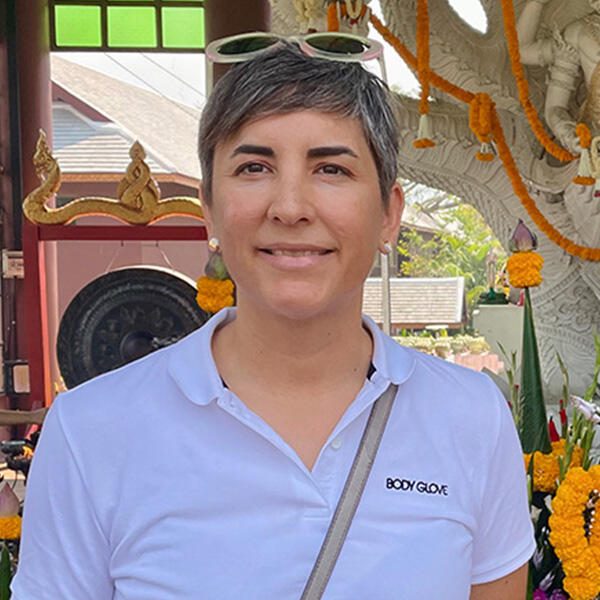
Brooke Schedneck teaches in the department of religious studies at Rhodes College. She teaches in the Life Program, Gender and Sexuality Studies, and Asian Studies. Brooke loves to open students minds to different worldviews, and her classroom time is filled with case studies, role playing, and group activities. Her research focuses on contemporary Buddhism and religious tourism in Thailand, and she spent years teaching and conducting research in Chiang Mai. Her work has been featured in academic journals and publications such as Tricycle, Aeon, and The Conversation. In 2020, Dr. Schedneck published a co-edited volume titled Buddhist Tourism in Asia and her second monograph, Religious Tourism in Northern Thailand, was short-listed for the EuroSEAS Humanities Book Prize 2022. Her introduction to contemporary, lived Theravada Buddhism in Southeast Asia, was published with Shambhala Publications in 2023.
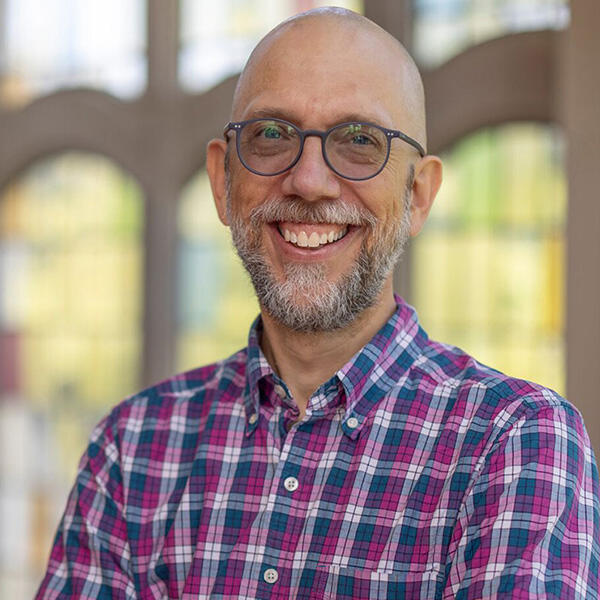
I started out as a physics major at a liberal arts college not too different from Rhodes! But my eyes were drawn to the heavens by the current golden age of astronomical discovery. I teach a range of astronomy and physics courses to both majors and non-majors. In my research lab students use imaging spectroscopy from some of the largest ground-based telescopes in the world (like the W.M. Keck Observatory) and from space-based telescopes (like the James Webb Space Telescope and Hubble Space Telescope) to probe galaxy evolution. Students who work in my lab learn science and software skills to prepare them for a wide variety of careers, including (but certainly not limited to) astronomy.
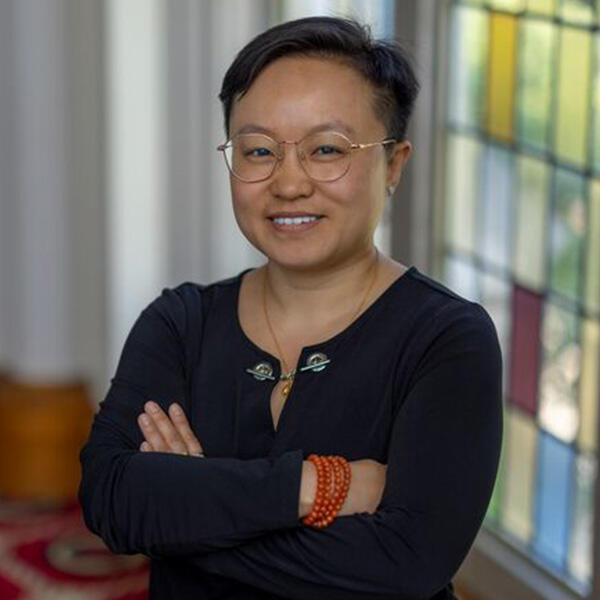
Dr. Shaolu Yu is an urban geographer. She holds a B.S. in Resources, Environment, Urban Planning and Management (Qufu, China), an M.S. in Urban Geography (Beijing, China), and a Ph.D. in Geography (University of Connecticut, U.S.A). Trained as an urban geographer in an interdisciplinary background and participating in projects in urban studies in China, the U.S., and Canada, she has developed a comparative and global perspective and a mixed method approach in her research on cities. Her papers have been published in the journals Annals of Association of American Geographers, The Professional Geographer, Urban Geography, Geographical Review, and The Journal of Transport Geography.